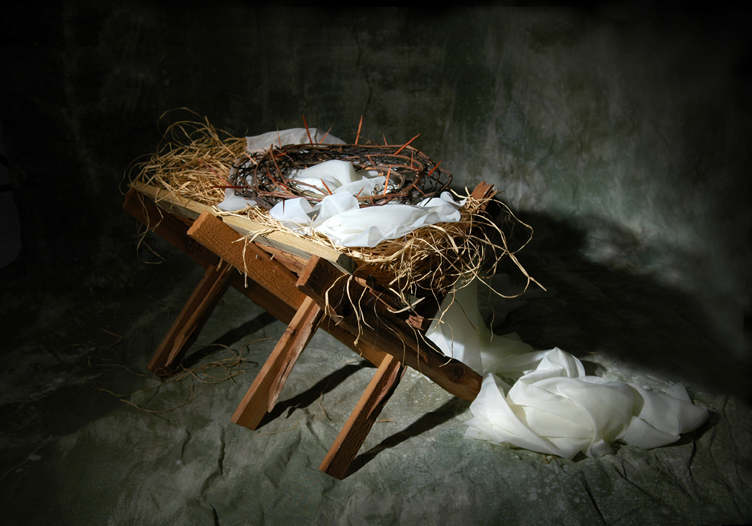Contributed by Stephanie Opsal, West Des Moines, IA
Warm-up Question
Can anything truly replace a human?
Becoming Human
 Amazon CEO, Jeff Bezos, proudly announced drone air deliveries as the next big innovation, during his interview on “60 Minutes” in early December. Amazon.com processes thousands of orders every day and many subscribe to Amazon Prime, which offers 2-day shipping to its customers. To accommodate all the orders more efficiently, Amazon is testing “octocopters” that could take packages weighing less than five pounds and fly them to customers’ homes in thirty minutes. Amazon Prime Air is a service the company hopes to begin as early as 2015.
Amazon CEO, Jeff Bezos, proudly announced drone air deliveries as the next big innovation, during his interview on “60 Minutes” in early December. Amazon.com processes thousands of orders every day and many subscribe to Amazon Prime, which offers 2-day shipping to its customers. To accommodate all the orders more efficiently, Amazon is testing “octocopters” that could take packages weighing less than five pounds and fly them to customers’ homes in thirty minutes. Amazon Prime Air is a service the company hopes to begin as early as 2015.
As Amazon plans to deliver packages in the air via these robots, the general public raises many questions and concerns. How far can they travel? Can they withstand inclement weather? What if people try to interfere or shoot them down?
At this point, the drones can only deliver to homes within a 10-mile radius of an Amazon distribution center and the battery life of the copters needs to be improved.. Amazon will need to obtain the approval of the Federal Aviation Administration to begin and they must advance the drones’ technology further to make it dependable during heavy precipitation.
Regardless, robot technology is on the rise, from Amazon’s Air delivery service to Google’s ideas of driverless cars. Can robots effectively replace people in these jobs or will society miss the service only a human being can give? Our country will soon find out.
Discussion Questions
- Do you like the idea of driverless air delivery of packages? Why or why not?
- What problems could arise from services such as Amazon Prime Air?
- What benefits could these technologies offer?
- If you could have a robot to do one thing for you, what would it be?
- What is one technological thing in your life or society that you wish did not exist?
Scripture Texts (NRSV) for Sunday, January 5, 2014 (Second Sunday of Christmas)
(Text links are to Oremus Bible Browser. Oremus Bible Browser is not affiliated with or supported by the Evangelical Lutheran Church in America. You can find the calendar of readings for Year C at Lectionary Readings.)
For lectionary humor and insight, check the weekly comic Agnus Day.
Gospel Reflection
John uses descriptive language to explain how Jesus Christ (the Word, the light, the one and only) is miraculously both divine and human. John the Baptist came before him to testify that the Son of God, the long-awaited savior proclaimed in the Scriptures, was coming into the world.
God defied everyone’s expectations. Many expected the Lord to come save them as a mighty conquering king who would defeat Rome, but Jesus was born into the world as a tiny baby. He chose to associate with the sinners and helpless before the rich and proud.
Even before this, the Gospel describes, “The Word became flesh and made His dwelling among us” (1:14a). “The Word” is Jesus, God’s Son, but the different perspectives of John’s audience make this concept even more significant. Both Jews and Greeks listened to the message written here. Jews understood “the Word” to be an expression for God, as when God spoke creation into being, spoke His messages of truth through the prophets, and gave His words of the Law to Moses on Mount Sinai.
Greeks, on the other hand, thought of “the Word” as an element of reason, a guiding principle for the world. Amazingly, they were both right! Greeks could not believe “the Word was God” while Jews were shocked at “the Word became flesh”. Jesus defied earthly understanding by coming as one being simultaneously 100% God and 100% man. He was around for all time, beginning with God the Father in creation, and yet he became a man on earth, to be with His people and ultimately sacrifice himself in their place. Forgiveness of sin and redemption to eternal life became reality through Jesus’ resurrection.
“He was in the world, and though the world was made through Him, the world did not recognize Him” (1:10). Maybe because Jesus came as a humble, servant leader, the people did not see Him coming. But John proclaims a promise for the people living 2000 years ago, as well as for us today: “Yet to all who received Him, to those who believed in His name, He gave the right to become children of God—children born not of natural descent, nor of human decision or a husband’s will, but born of God” (1:12-13).
God came into the world so that all people may have new spiritual birth. What a gift! We can live as “co-heirs of Christ” (Romans 8:17) in glorious freedom all because Jesus came to earth as a human that first Christmas!
Discussion Questions
- What are some examples from the Bible of Jesus’ “divinity” or “godliness”? What are some examples of His humanity?
- Share a story of a time you acted differently than others expected. What was their reaction? How did you feel?
- Can you think of any other examples of Jesus acting in ways different than the people expected? (e.g. Luke 23:35, Philippians 2:5-11)
- Today we read about robots trying to take the place of humans and God taking the form of a human. Who did it better? What could God do that was better than anything humans could ever do? Do you think robots can do any things better than humans?
Activity Suggestions
- Read through the John 1:1-18 again, replacing every occurrence of “the Word” or “the light” with the name “Jesus”. Does the passage make more sense to you? What parts stood out to you this time?
- Listen to the song “Jesus in Disguise” by Brandon Heath (on YouTube at https://www.youtube.com/watch?v=5AXD3Xq6Z6U) and pay attention to the lyrics. What do you think the artist is saying?
- Imagine that you are John the Baptist. Would it be hard to come before the Savior and have the purpose of taking no credit for yourself, but rather pointing everyone to Jesus? Would you feel honored or forgotten? Write down some firsthand feelings you would have, and share them with your group. Feel free to reference other Bible passages on John the Baptist, such as Matthew 11:11; Acts 1, 10, 11, 13, 18 and 19; Isaiah 40:3; and Malachi 4:5.
- Unlike John the Baptist, we were born after Jesus’ time on earth. What is our purpose here today? Have a discussion with your group on things we can do to live out our faith in Jesus and make the most of our time living on earth.
Closing Prayer
Savior, thank you so much for coming into the world as a human for us. You came to know us, relate to us, and save us from our sins, because we could not do that on our own. Help us remember that You are always with us, and we praise you that you came to the earth that first Christmas. We love you so much. May everyone on earth remember your precious Christmas story and feel your abundant blessings in their lives. In Jesus’ powerful name we pray. Amen.




